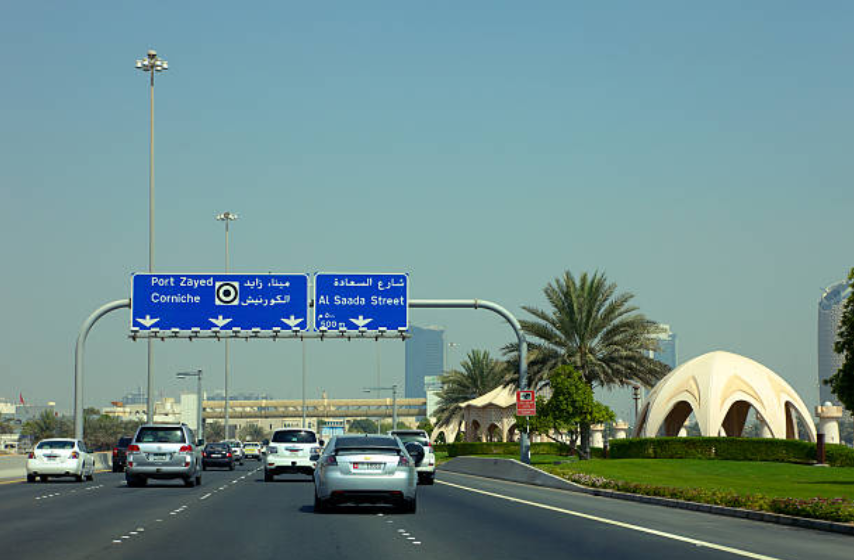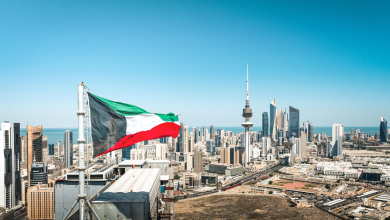Abu Dhabi registered a sharp decline in the number of motor vehicle fatalities and major injuries in 2018, compared to 2017, Abu Dhabi Police revealed.
The number of traffic fatalities in the emirate during 2018 decreased from 199 to 149, or 25.125 percent, while the number of major injuries declined from 149 to 120, or 19.46 percent. Also, the number of fatalities per 100,000 residents also dropped from 5.72 to 4.22, or 26.22 percent, while the number of major injuries per 100,000 residents dropped from 4.286 to 3.366, or 21.46 percent, and the number of deaths from run-over accidents dropped by 38 percent, as per a report from WAM.
Major General Ali Khalfan Al Dhaheri, Director of the Central Operations Sector of the Abu Dhabi Police, ADP, said this decline is due to the Traffic Safety Strategy 2016-2020, which was launched, in coordination with the Department of Transport, the Department of Municipality and Planning, the Department of Health and the Department of Knowledge.
He added the ADP’s accomplishments in 2018 were achieved by adopting unified standards in critical areas, such as traffic safety, ambulance and rescue services, police aviation, and crises and disasters management.

In a press conference that was held at the Traffic and Patrols Directorate, Al Dhaheri highlighted the ADP’s efforts to develop traffic safety systems and implement proactive plans to counter changing climate conditions by reducing speeds.
He also discussed the ADP’s key accomplishments, in terms of preparing plans for crises and disasters, as well as its participation in the “Barakah Training,” with the aim of unifying command and control procedures and promoting joint operations.
The report from WAM adds that Al Dhaheri also noted a rise in the number of reports that were registered at ADP’s command and control centres, from 645,000 in 2017 to 1,178,000 in 2018, while confirming that Police Aviation undertook 1,523 missions, including 24 traffic accident missions and 40 patient transfers to hospitals, and the number of electronic transactions by the public with the ADP, such as those related to traffic violations, taxi permits and driving examinations, reached two million in 2018, compared to one million in 2017.
The ADP’s plan to foresee the future and apply artificial intelligence will ensure that it can implement security measures, according to the best international practices, and achieve leading positions in indexes related to preserving security and stability, he added.
Press conference photo from WAM




